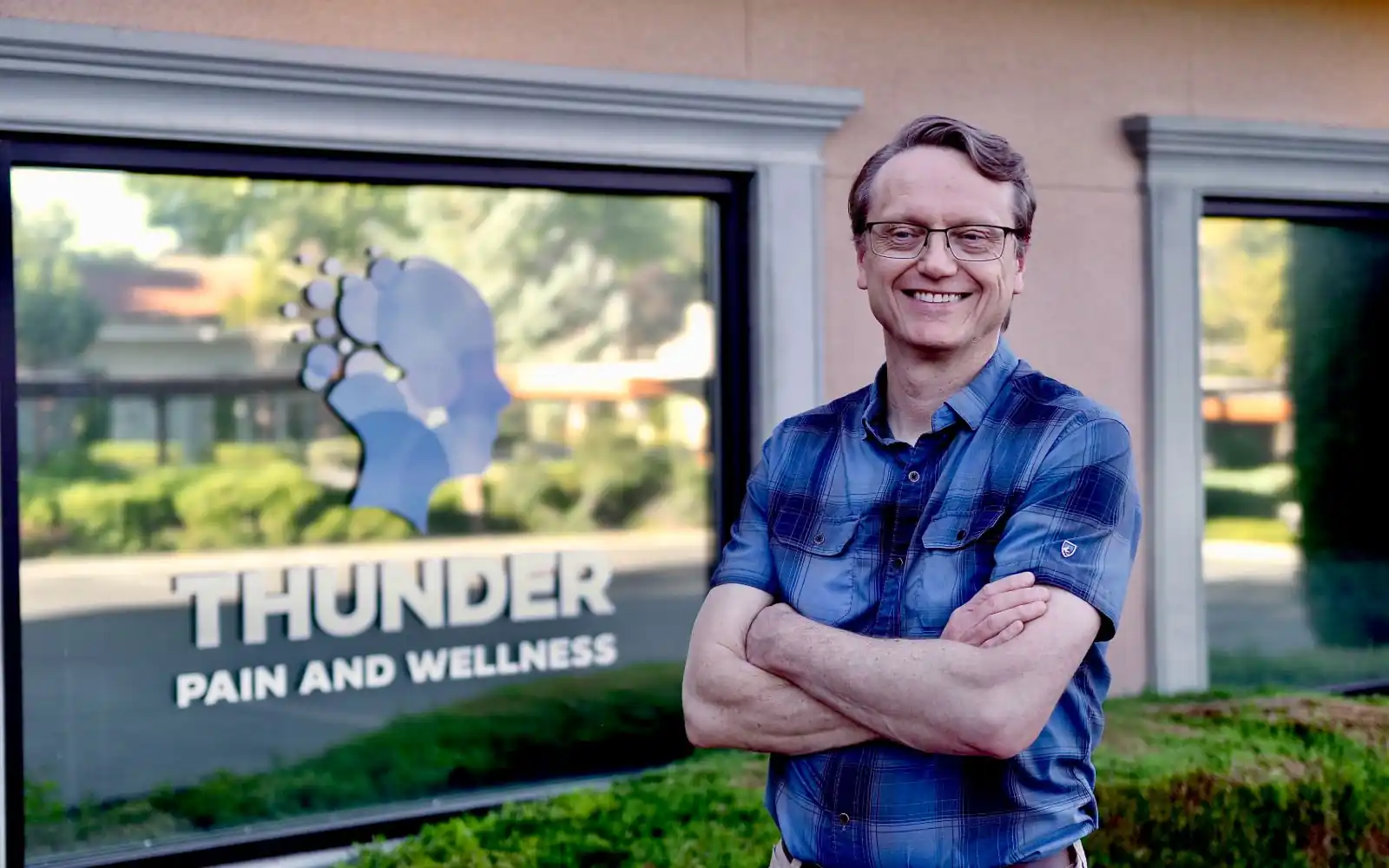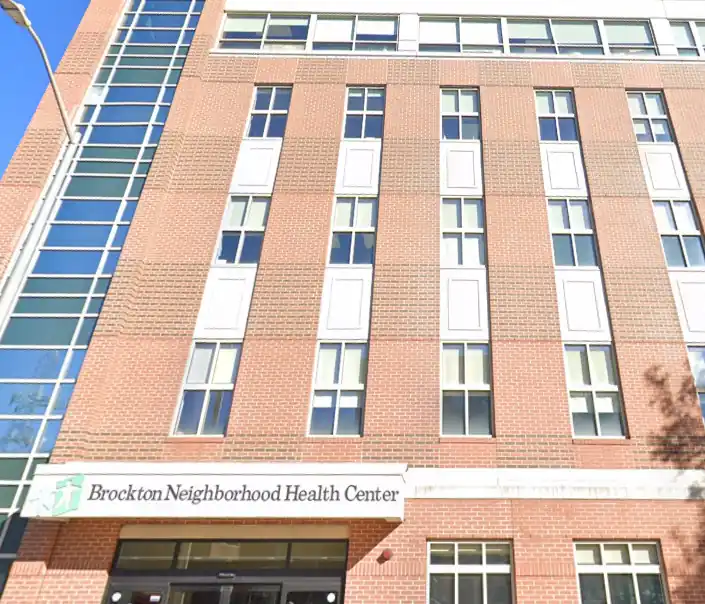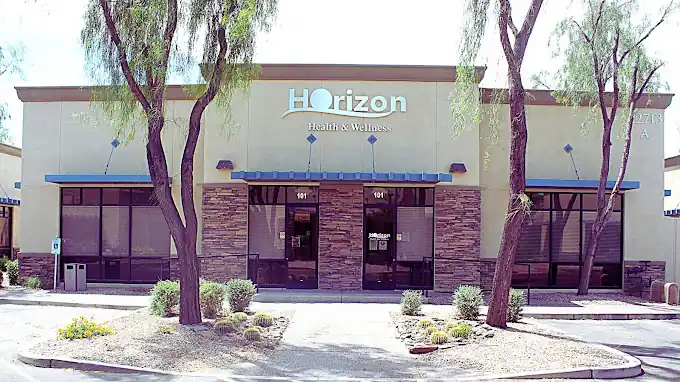Chronic Pain + Opioid Dependency
“You weren’t trying to get addicted. You were trying to survive the pain.”
At TruPaths, we understand that chronic pain and prescription dependency often go hand in hand not because of failure, but because the system rarely offers alternatives. If you or a loved one feels stuck between physical pain and fear of withdrawal, this page is here to offer clarity, options, and compassionate direction forward.
We’re not here to shame. We’re here to help you rebuild control, dignity, and hope without choosing between pain and sobriety.








